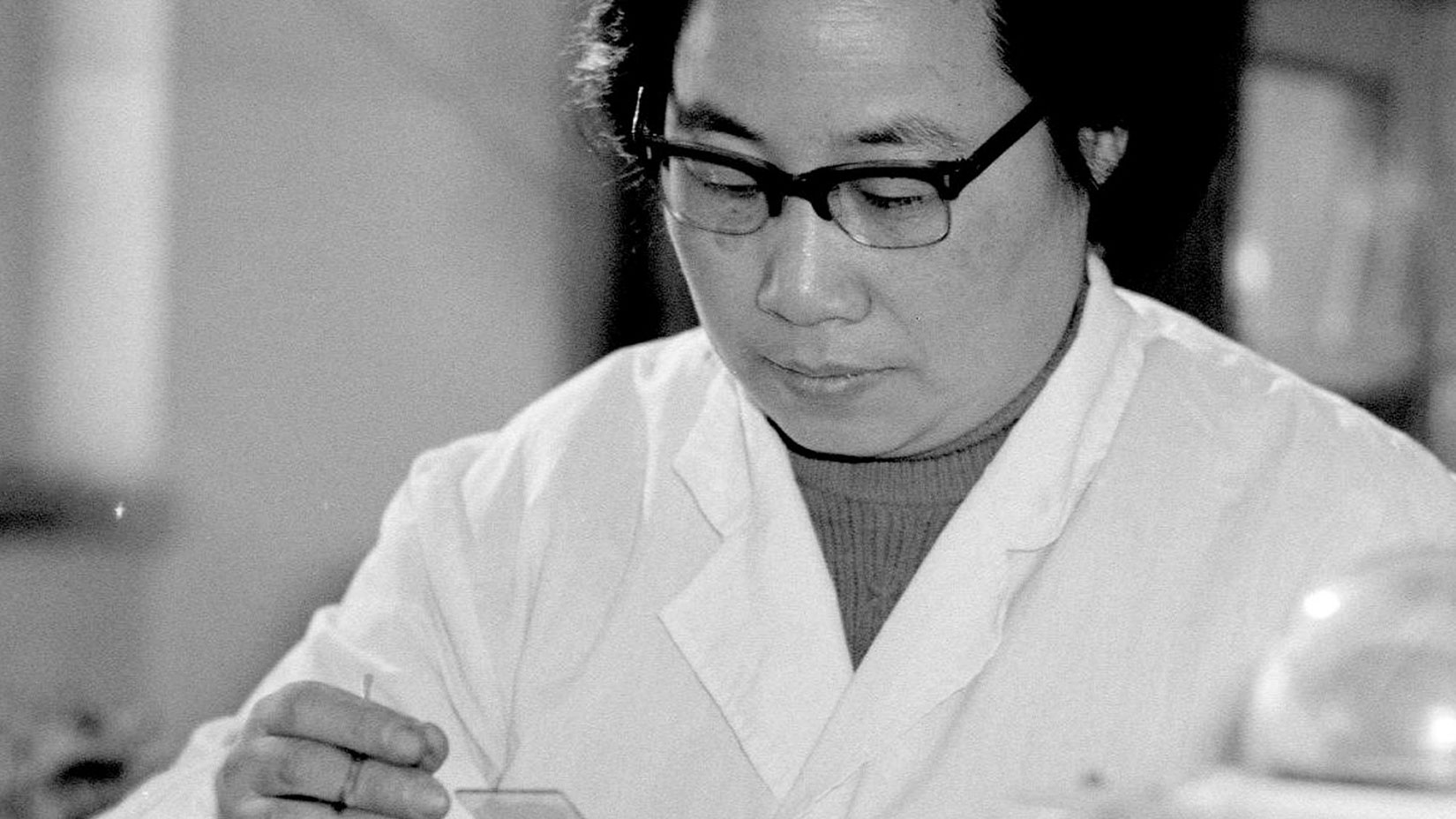Women’s History Month: Tu Youyou

Tu Youyou is a Chinese pharmaceutical chemist whose unique training in the classification of medical plants and their active ingredients resulted in a discovery that has led to the survival and improved health of millions of people. In 1967, at the height of the Vietnam War, malaria spread by mosquitoes was decimating soldiers. Desperate to find a cure, the Chinese government formed a top-secret research unit called Mission 523 and appointed Tu Youyou, who was currently working as a researcher at the Academy of Traditional Chinese Medicine, as head of the mission.
Tu was sent to Hainan, China to study how malaria infects humans and threatened health. When she and her team started their search for a cure, over 240,000 compounds around the world had already been tested without any success, which inspired Tu to take a different approach. She and her team pored over ancient Chinese medical books to look for historical methods for fighting malaria. Finally, Tu identified a reference to Artemisia annua or sweet wormwood, which had been used in China around 400 AD to treat “intermittent fevers.”
They got to work and in 1971, Tu successfully isolated a compound called artemisinin, which appeared to battle malaria-friendly parasites. Artemisinin had a 100% success rate in animal trials, but before beginning testing on humans, Tu insisted on trying the drug on herself first. Once she was confident in its safety, Tu went on to test artemisinin on 21 patients in the Hainan, all of them recovered and the new drug was quickly administered all across China and Vietnam.
Reluctant to accept accolades for her monumental discovery, Tu decided to publish her research anonymously. In 2011, Tu was awarded the prestigious Lasker award, and the Foundation called her discovery of artemisinin “arguably the most important pharmaceutical intervention in the last half-century.” In 2015, she became the first Chinese woman to receive a Nobel Prize in a scientific category – she spent the majority of her acceptance speech giving credit to her research team.